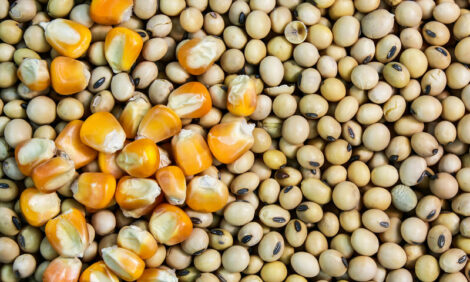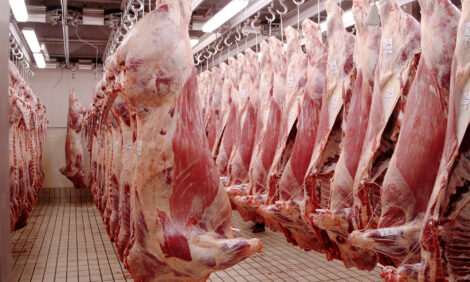



35 Million Boost for Food Security
UK - 35 million is being invested in UK businesses and universities to combat some of the world's greatest agricultural challenges such as food security and sustainability, weed control and livestock disease.This £5 million is part of the second round of funding to be distributed through the £70 million Agri-Tech Catalyst, announced as part of the UK Industrial Strategy for Agricultural Technologies in July 2013.
The Agri-Tech Catalyst, run by BBSRC and Innovate UK, is designed to support collaborative research between scientists and businesses to springboard projects from the lab to the market place.
Innovations in this round include an autonomous robot weed sprayer for difficult terrain farm land and developing a cereal to create improved bread products for diabetics.
Some of these ground-breaking projects include:
- exploring pearl millet variation to produce improved bread products for diabetics
- developing rice resistance to 2 major diseases to support food security in Asia
- autonomous systems for remotely monitoring an invasive fruit pest
- developing a robotic weed sprayer for difficult terrain farm land
- decreasing food waste through the control of fruit flies in Asia and Africa
- exploring the use of genome-screening and other technology to reduce the mastitis disease in sheep
Universities, Science and Cities Minister Greg Clark said: "Investing in agricultural technology today will bring commercial rewards tomorrow, taking the critical steps from lab to market place.
"It's all part of the government's long term economic plan to create more jobs and promote growth through industrial strategy."
Lord de Mauley added: "Investing in exciting technology in UK food and farming helps us grow this vital industry – from field to fork the food chain contributes £97 billion to our economy and employs 1 in 8 people.
"Whether it's safeguarding animals and crops against disease or using robotics to farm the land, cutting edge projects like these not only contribute to our growing economy but benefit the environment and increase global food security."






